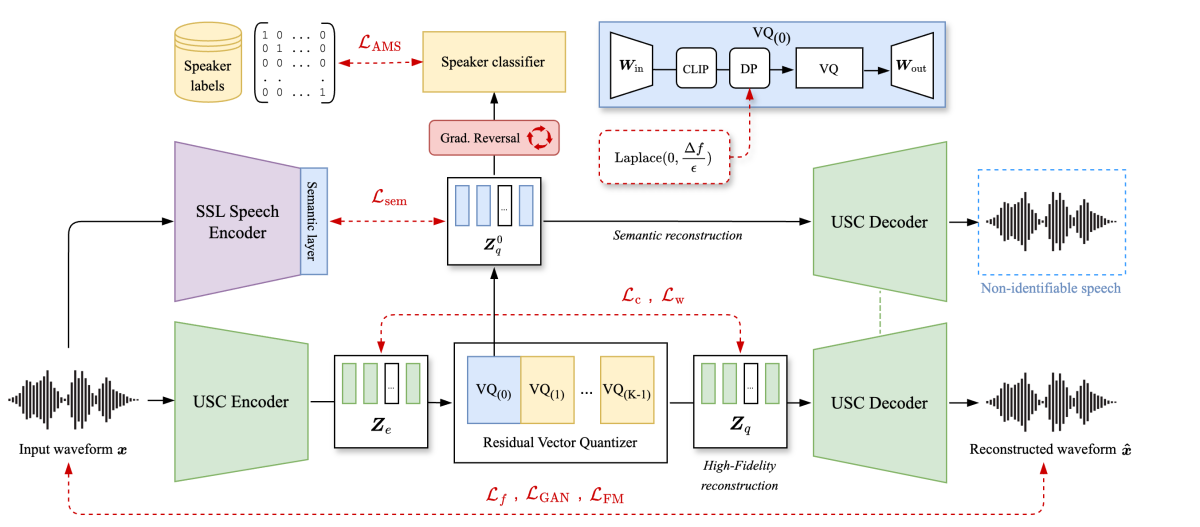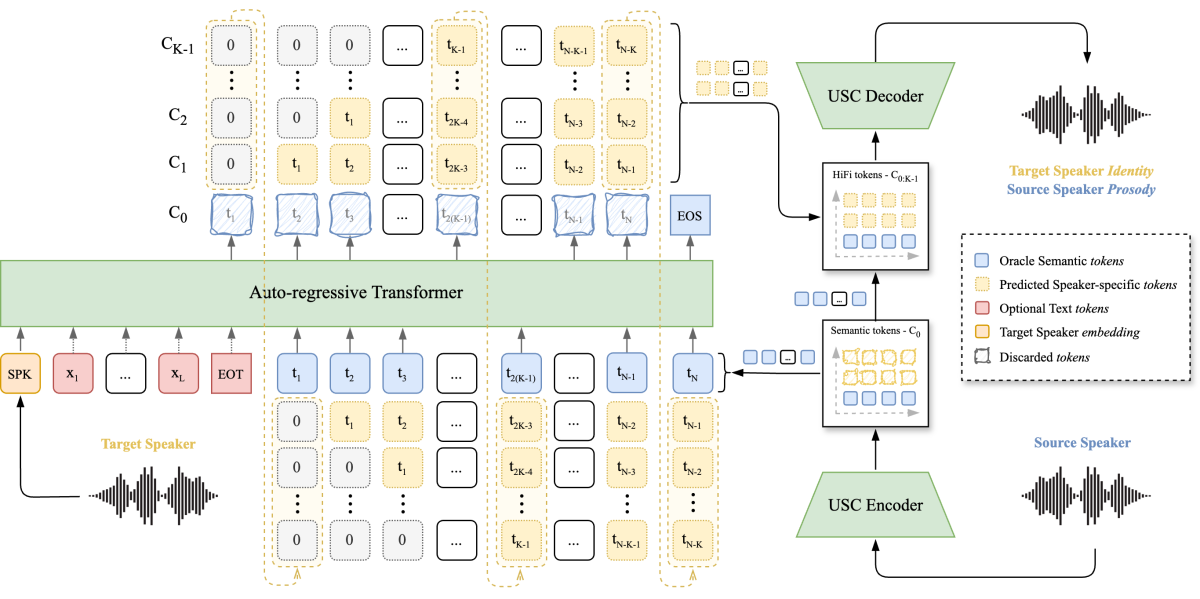We are looking for a passionate Applied Scientist to contribute to the next generation of agentic AI applications for Amazon advertisers. In this role, you will support the development of agentic architectures, help build tools and datasets, and contribute to systems that can reason, plan, and act autonomously across complex advertiser workflows. You will work alongside senior scientists at the forefront of applied AI, gaining hands-on experience with methods for fine-tuning, reinforcement learning, and preference optimization, while contributing to evaluation frameworks that ensure safety, reliability, and trust at scale. You will work backwards from the needs of advertisers—contributing to customer-facing products that directly help them create, optimize, and grow their campaigns. Beyond building models, you will support the agent ecosystem by experimenting with and applying core primitives such as tool orchestration, multi-step reasoning, and adaptive preference-driven behavior. This role involves tackling well-scoped technical problems, while collaborating with engineers and product managers to bring solutions into production. Key Job Responsibilities - Contribute to building agents that guide advertisers in conversational and non-conversational experiences. - Implement model and agent optimization techniques, including supervised fine-tuning, instruction tuning, and preference optimization (e.g., DPO/IPO) under guidance from senior scientists. - Support dataset curation and tool development for MCP. - Contribute to evaluation pipelines for agent workflows, including automated benchmarks, multi-step reasoning tests, and safety guardrails. - Implement and iterate on agentic architectures (e.g., CoT, ToT, ReAct) that integrate planning, tool use, and long-horizon reasoning. - Support prototyping of multi-agent orchestration frameworks and workflows. - Collaborate with peers across engineering, science, and product to bring scientific innovations into production. - Stay current with the latest research in LLMs, RL, and agent-based AI, and apply findings to practical problems. About the team The Sponsored Products and Brands team at Amazon Ads is re-imagining the advertising landscape through the latest generative AI technologies, revolutionizing how millions of customers discover products and engage with brands across Amazon.com and beyond. We are at the forefront of re-inventing advertising experiences, bridging human creativity with artificial intelligence to transform every aspect of the advertising lifecycle from ad creation and optimization to performance analysis and customer insights. We are a passionate group of innovators dedicated to developing responsible and intelligent AI technologies that balance the needs of advertisers, enhance the shopping experience, and strengthen the marketplace. If you're energized by solving complex challenges and pushing the boundaries of what's possible with AI, join us in shaping the future of advertising. The Advertiser Guidance team within Sponsored Products and Brands is focused on guiding and supporting 1.6MM advertisers to meet their advertising needs of creating and managing ad campaigns. At this scale, the complexity of diverse advertiser goals, campaign types, and market dynamics creates both a massive technical challenge and a transformative opportunity: even small improvements in guidance systems can have outsized impact on advertiser success and Amazon’s retail ecosystem. Our vision is to build a highly personalized, context-aware agentic advertiser guidance system that leverages LLMs together with tools such as auction simulations, ML models, and optimization algorithms. This agentic framework, will operate across both chat and non-chat experiences in the ad console, scaling to natural language queries as well as proactively delivering guidance based on deep understanding of the advertiser. To execute this vision, we collaborate closely with stakeholders across Ad Console, Sales, and Marketing to identify opportunities—from high-level product guidance down to granular keyword recommendations—and deliver them through a tailored, personalized experience. Our work is grounded in state-of-the-art agent architectures, tool integration, reasoning frameworks, and model customization approaches (including tuning, MCP, and preference optimization), ensuring our systems are both scalable and adaptive.




















